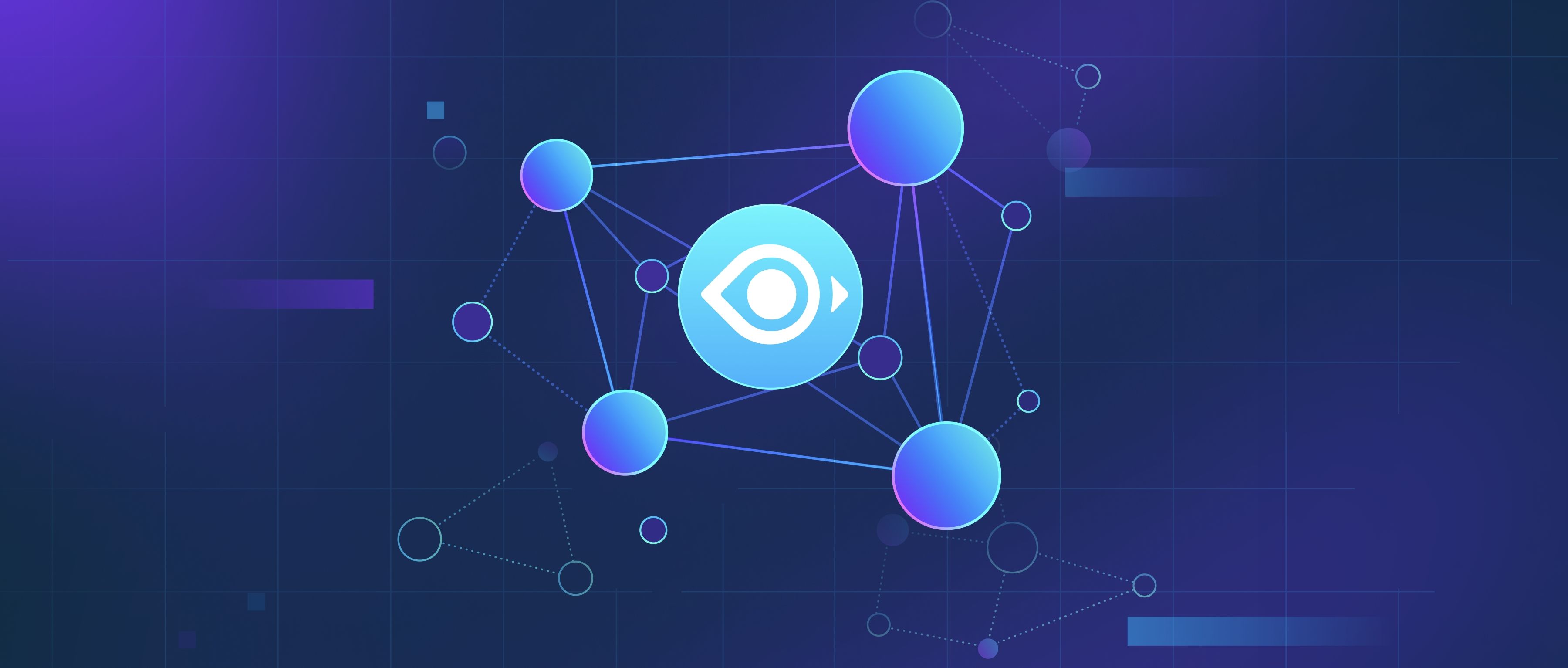A computer vision scientist should have a deep understanding of image processing, machine learning, and deep learning concepts. Proficiency in programming languages like Python or C++ and libraries like OpenCV, TensorFlow, and PyTorch is essential for developing and testing algorithms. Knowledge of mathematical concepts such as linear algebra, calculus, and probability is critical for understanding and designing vision models. Familiarity with datasets like ImageNet or COCO and expertise in handling annotations and preprocessing tasks are important. Additionally, staying updated with the latest research and trends in computer vision, such as transformers and multimodal AI, is crucial for innovation in the field.
What should a computer vision scientist know?

- Master Video AI
- AI & Machine Learning
- How to Pick the Right Vector Database for Your Use Case
- Advanced Techniques in Vector Database Management
- The Definitive Guide to Building RAG Apps with LlamaIndex
- All learn series →
Recommended AI Learn Series
VectorDB for GenAI Apps
Zilliz Cloud is a managed vector database perfect for building GenAI applications.
Try Zilliz Cloud for FreeKeep Reading
What is DeepSeek mHC?
DeepSeek mHC is a technique described in DeepSeek’s latest paper that introduces Manifold-Constrained Hyper-Connections
How do SaaS companies acquire customers?
SaaS companies acquire customers through a combination of targeted marketing strategies, free trials, and effective onbo
What is zero-shot retrieval?
Zero-shot retrieval refers to the ability of a system to retrieve relevant information for a query without having seen t